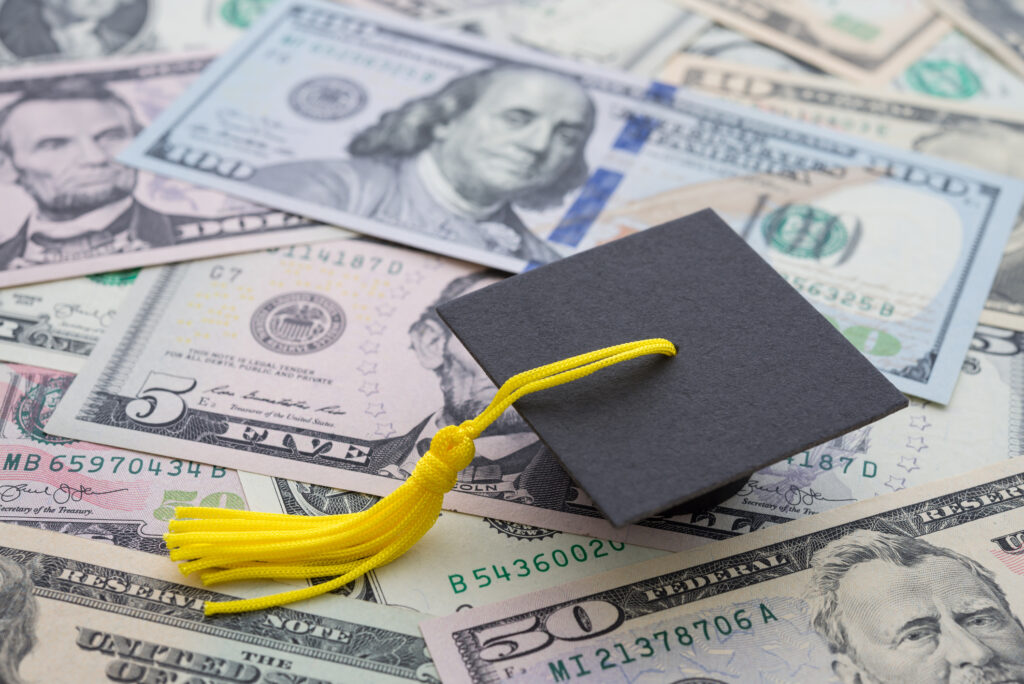Editor’s note: Holtzman is a 2013 winner of the Emerson Prize for best high school history papers in the world.
Every junior at my Massachusetts high school is required to research and write a history paper, usually one longer than anything they have ever written or researched before. The topic is completely up to the student, aside from being limited to American history. I have friends who wrote about everything from miscegenation laws to Quakerism.
The eugenics movement during the Progressive Era attracted me because of the inherent contradictions it posed: liberals supporting discrimination and inhumane acts of sterilization, and progressive individuals from Justice Oliver Wendell Holmes Jr. to Theodore Roosevelt speaking out for what in retrospect seems backwards and distasteful. Eugenics displays the dangers of striving for a utopia of any kind, where frenzied progress restricts rights and freedom instead of enabling them, and where the greater good eclipses individual good. All of these thorny themes led me to question my own assumptions about liberalism, the use and misuse of science in politics, and the dark side of progress.
I came across the Concord Review website and decided to submit on a whim. I feel honored to have had my paper published next to so many exquisite examples of scholarly work. Now, as a freshman in college I feel grateful that I’ve had the experience of producing a paper like this. The lessons I learned while writing it will continue to inform how I learn and think.
I am currently interviewing people for a paper in an oral history seminar. Speaking to real people and hearing their stories is becoming central to my academic interests, especially in relation to history. I have also found myself drawn to my school’s yearbook archives, looking at semi-familiar buildings and foreign but homogenous faces, all slightly faded. History interests me when it makes me uncomfortable. So, talking about the sex lives of college students with my 90-year-old oral history subject or seeing the lack of non-white students in these yearbooks from the 1940’s: these sort of things jolt me from complacency and encourage me to, as it’s said around Swarthmore College, lean into my discomfort.
The same urge to confront what is more easily shied away from has led me to enroll in a political science reading group focused on conservative literature, from Burke to Tocqueville. The same urge spurs me on in discussions with my peers, to ask them why—why they believe in God, or support dual-gender bathrooms, or don’t. It led me to make calls to voters in the Pennsylvania area the night before the presidential election, and engage people who used words I can’t repeat to describe the incumbent. Essentially, I think true progress, that loaded and ambiguous term, can only come about if we truly listen to each other and to the past: especially to the things that make us cringe.
Abby Holtzman ([email protected]) is a freshman at Swarthmore College in Pennsylvania. Image by Kelly Teague.




